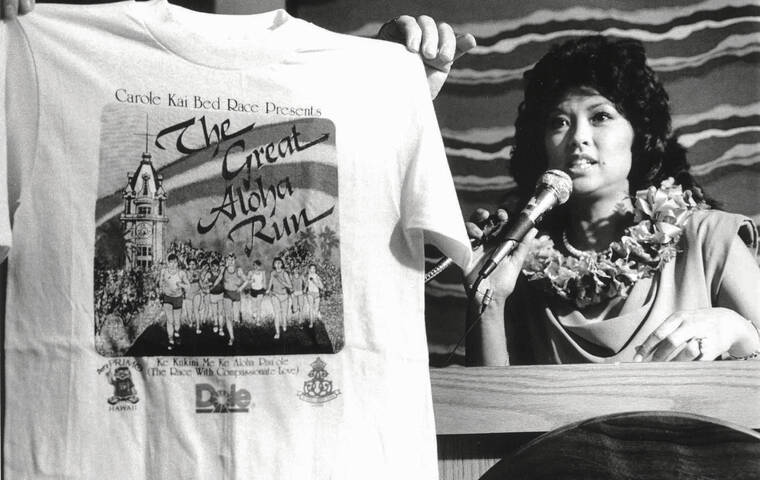The Great Aloha Run, a prominent fixture in Hawaii’s sporting calendar, concluded its final event on February 17, 2024, after an impressive 41-year run. Founded in 1985 by Carole Kai Onouye and the late Dr. Jack Scaff, this 8.15-mile race has become a vital community fundraiser, drawing thousands of participants each year. Onouye announced her retirement, stating that it was the right time to bring the event to a close, expressing deep gratitude to all who contributed to its success.
The final edition of the race attracted both in-person and virtual participants, raising approximately $150,000 for various local charities. Over its four-decade history, the Great Aloha Run has seen nearly 750,000 participants cross the finish line, with total funds raised reaching nearly $20 million for more than 200 nonprofits across Hawaii.
A Legacy of Health and Philanthropy
From its inception, the Great Aloha Run has focused on promoting health and community support. The event garnered significant attention from the very beginning, with nearly 12,000 people registering for its inaugural race—the largest turnout for a debut road race in the United States. Onouye’s vision was influenced by her upbringing, where her mother instilled the values of hard work and giving back.
“Promoting health and fitness helps build a stronger, healthier community,” Onouye stated, highlighting the integral connection between the event and the local culture of support. Over the years, the race has included elite athletes, wheelchair competitors, and military units, all coming together to celebrate fitness and camaraderie.
The introduction of the Keiki Great Aloha Run in 1993 was a significant expansion aimed at younger participants. This initiative allowed children and their families to engage in healthy activities while raising funds for local schools. More than 40,000 children participated over the years, generating over $250,000 in support for educational causes.
Overcoming Challenges and Creating Community
Sustaining such a large-scale event required unwavering support from sponsors and the community. The COVID-19 pandemic posed a significant challenge, yet Onouye and her team opted for virtual runs to preserve the tradition and continue raising funds for local charities. “We felt an obligation to continue raising funds for Hawaii charities,” she remarked.
Reflecting on her years of service, Onouye emphasized the importance of the community that has developed around the race. “What has really mattered is the people,” she said. The joy shared among participants as they crossed the finish line, celebrating their achievements together, stands out as her most cherished memory.
Onouye hopes that the legacy of the Great Aloha Run will endure, capturing the spirit of its Hawaiian motto, Ke Kukini Me Ke Aloha Pauole, which translates to “the race with compassionate love.” She expressed a desire for the event to be remembered for its compassion and support for all.
While the race has officially concluded, Onouye remains optimistic about the future, leaving the door open for someone else to potentially carry the torch. “Maybe one day, someone will continue the legacy in a new way,” she said. “That would be the greatest gift of all.”
The conclusion of the Great Aloha Run marks the end of an era, but its impact on the community and commitment to health and philanthropy will resonate for years to come.
